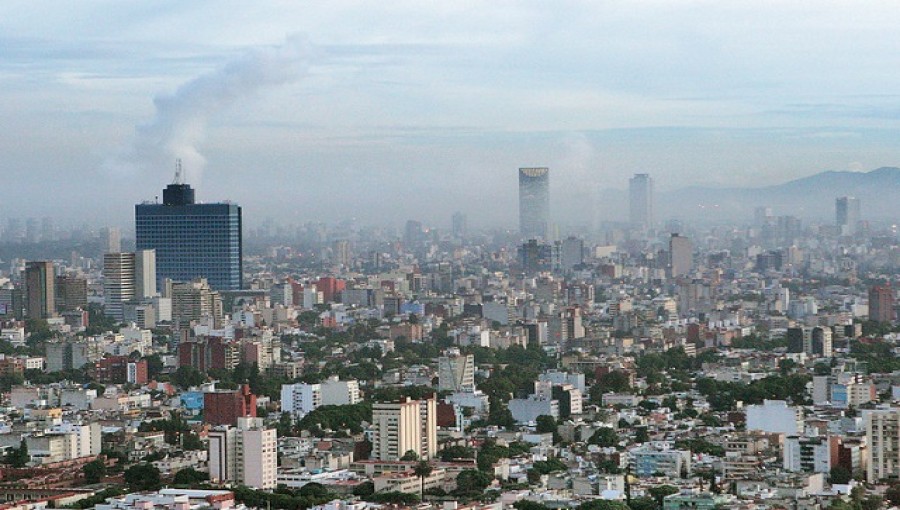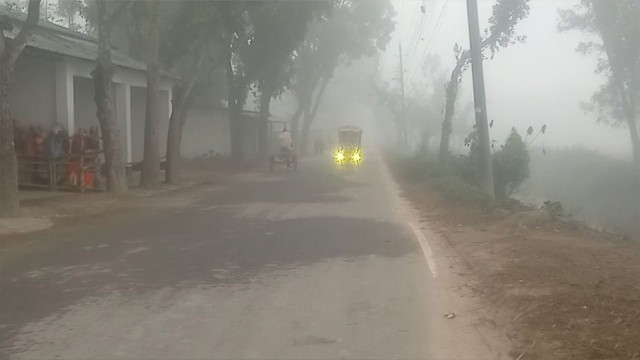As climate change continues to exert its influence on air quality worldwide, the present air pollution levels depict substantial challenges in various regions. Here's a summary of the current air quality status in major cities across the globe, based on data from AirNow, IQAir, and the World Air Quality Index Project.
Kinshasa, Democratic Republic of the Congo reports an Air Quality Index (AQI) of 175, categorizing the air quality as unhealthy, with industrial emissions and vehicle exhausts continuing to be the primary sources of pollution. Residents are advised to limit outdoor activities to mitigate the impact.
In Jakarta, Indonesia, the AQI stands at 168, signaling unhealthy air quality due to high levels of industrial emissions and traffic congestion. Sensitive groups are urged to avoid exertion outdoors to minimize health risks.
Delhi, India is facing severe pollution, with an AQI of 305, categorizing the air quality as hazardous due to vehicular emissions, construction dust, and agricultural burning in surrounding regions. The situation demands that everyone avoids all physical activity outdoors.
Beijing, China has an AQI of 142, marking the air quality as unhealthy for sensitive groups, with industrial emissions and dust from construction activities being the major contributors. People with respiratory or heart conditions, children, and older adults are advised to limit prolonged outdoor exertion.
In Los Angeles, USA, the AQI is reported at 101, indicating unhealthy air quality for sensitive groups due to vehicle emissions and smoke from nearby wildfires. Sensitive groups should reduce prolonged or heavy exertion to safeguard their health.
Mexico City, Mexico has an AQI of 128, categorizing the air quality as unhealthy for sensitive groups, with traffic emissions and industrial activities being the primary contributors. Sensitive groups are advised to limit outdoor activities to minimize health risks.
São Paulo, Brazil reports an AQI of 96, indicating moderate air quality, with emissions from vehicles and industrial sectors being the main contributors. While the air quality is generally acceptable, there may be some health concerns for a very small number of people who are unusually sensitive to air pollution.
Dhaka, Bangladesh maintains an AQI of 85, marking the air quality as moderate, with emissions from vehicles and industrial activities. The air quality is generally acceptable for most people, improving slightly during the monsoon season.
London, United Kingdom registers an AQI of 70, categorizing the air quality as moderate, with traffic emissions and construction activities being the primary contributors. While the air quality is generally acceptable, there may be a risk for some people, particularly those who are unusually sensitive to air pollution.
In Hanoi, Vietnam, the AQI stands at 135, marking the air quality as unhealthy for sensitive groups, with emissions from coal-based power plants and vehicles. Sensitive groups should avoid prolonged or heavy exertion outdoors to safeguard their health.
The latest State of Global Air (SoGA) report highlights the dire impact of air pollution on global health, revealing that air pollution was responsible for 8.1 million deaths worldwide in 2021. The World Health Organization estimates that air pollution kills approximately seven million people annually, primarily due to increased mortality from stroke, heart disease, chronic obstructive pulmonary disease (COPD), lung cancer, and acute respiratory infections. Children under five are particularly vulnerable, with over 700,000 deaths in this age group attributed to air pollution in 2021.






























Comment: